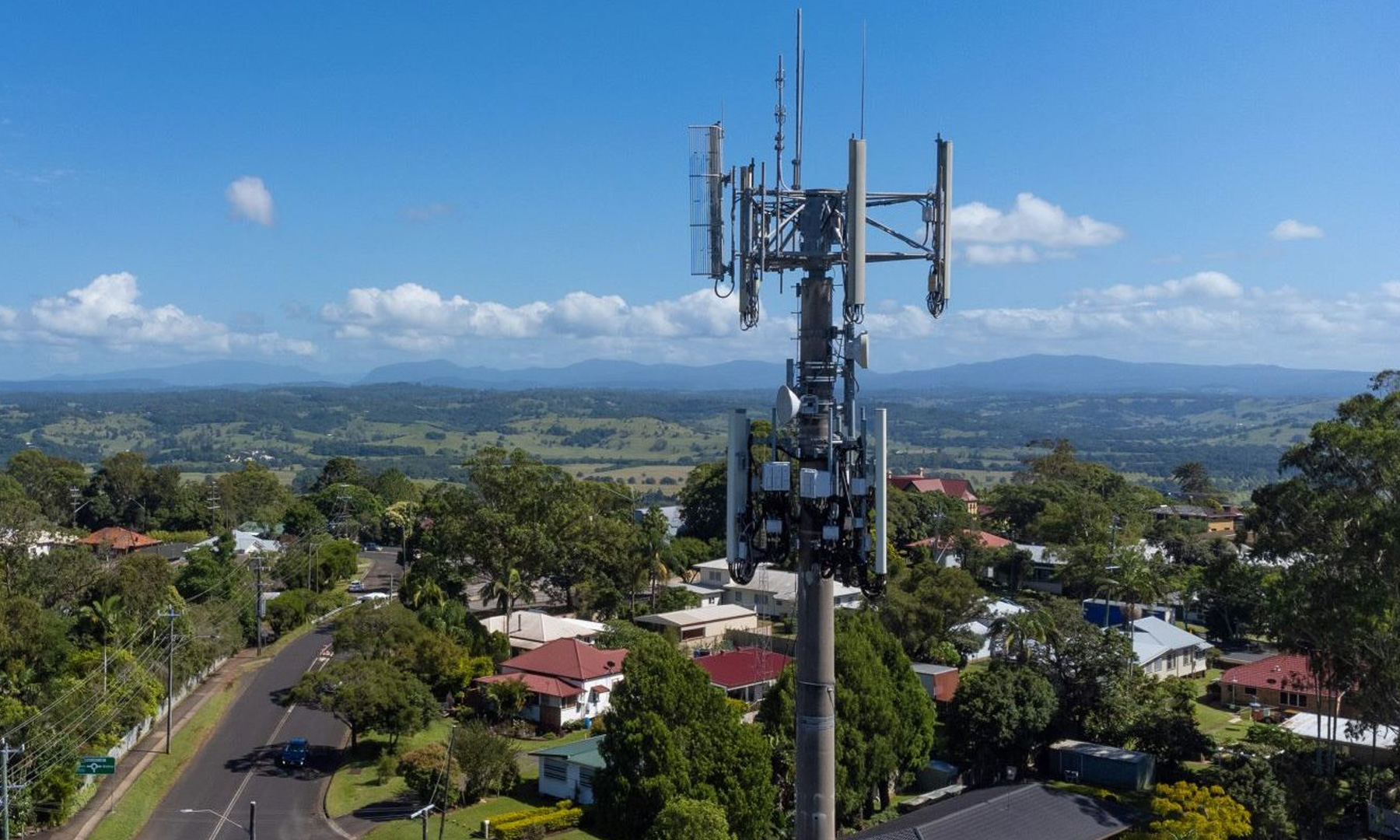In February 2022, Telstra and TPG announced an agreement which would give TPG access to around 3700 Telstra mobile towers in regional Australia and on urban fringes - areas where Telstra has traditionally been the dominant service provider. Under the terms of the arrangement with Telstra, TPG will decommission 725 mobile sites it currently operates in the areas covered by the agreement, and also give Telstra access to 169 of its existing mobile sites.The infrastructure swap will also see Telstra gain access to TPG’s 4G and 5G spectrum holdings, providing the incumbent telco cost-effective access to spectrum that will help expand its fixed wireless services. If approved, the deal will increase TPG’s coverage from 96 per cent to around 98.8 per cent of the population.
After the announcement TPG boss Inaki Berroeta told this the Sydney Morning Herald that the announced agreement with Telstra is a better solution than a previous proposal for Vodafone to merge with TPG and was rejected by the ACCC in 2017. “This is a pro-competitive deal, compared to what we wanted [in 2017] this is a better solution,” he said. “We still manage our customers, and it gives us a technical solution that gives freedom to each of the players to maintain differentiation. “There are common assets on the network (tower, spectrum) but how each operator manages the experience for customers remains independent,” Mr Berroeta added.
Telstra chief executive Andrew Penn said the deal should enable both telcos to benefit, while allowing Telstra to maintain its lead in the market. “We think this is an innovative way of leveraging more value from our infrastructure while preserving our network leadership,” he said.
Optus has hit back at Telstra’s proposed network-sharing agreement with TPG, claiming it will “undermine” and “lock out” any further regional investment from other players. In a submission to the Australian Competition and Consumer Commission (ACCC), Optus called the deal a “uniquely one-sided network sharing arrangement” and claims that the deal will effectively “eliminate choice” in regional Australia and substantially weaken Optus in regard to investing in regional areas.
“Should the proposed transaction proceed, this further strengthening and entrenching of Telstra’s dominance in regional areas will mean that no rational competitor will be able to justify further significant investment in regional areas,” the submission claimed.
“This would further entrench the market distortion that has already been created by the decision to ban certain existing equipment vendors for national security reasons, which has disproportionately affected Optus and TPG and benefited Telstra.”
According to Optus’ submission, the “merger will not result in better outcomes for consumers, nor will it enable TPG to effectively compete with Telstra”.
Optus argued that the agreement should be vetoed only on the spectrum sharing clause.
The pooled spectrum will give Telstra access to “up to 75 percent of available spectrum in certain key spectrum bands, particularly critical for the delivery of 5G services,” Optus said.
“Telstra will have the capability to deliver 5G speeds up to 10 times faster than Optus considering spectrum imbalances.”
Optus argued that this would make Telstra “unaffordable” in regional Australia, and would make infrastructure-based competition cost prohibitive.
Arguing that the merger will harm telecommunications competition by creating “a dependency for TPG on Telstra”, Optus claimed the proposed agreement will impose limitations on the basis by which TPG can compete and ensures Telstra has control over network decisions and pricing levels. “On the contrary, it will strengthen Telstra, weaken Optus and the competitive pressure that Optus imposes on Telstra and reduce the resilience and in some cases to the point where there may be no coverage in times of natural disaster,” the submission said.
Optus further argued that the deal would result in higher prices, lower communications investment, lower network and service quality and fewer choices for consumers in regional Australia.
Telstra released a statement;
“At a time when demand for data is growing rapidly, it will unleash new mobile capacity in regional Australia through use of under-utilised spectrum in thousands of regional sites, as well as enabling new competition and choice,” a spokesperson said.
“This deal will enable regional Australia to be more connected than ever before. Optus’ only reason for opposing the deal is self-interest – it would rather protect its own position than support an innovative deal to provide more capacity and competition in regional Australia.”
Meanwhile, James Rickards, TPG Telecom general manager of external affairs, accused Optus of "twisting the facts to stop what it knows is a pro-competitive change to the mobile market".
"TPG’s entire reason for this deal is to increase the size of its network so it can win customers from both Telstra and Optus, meaning all mobile consumers will benefit from greater choice and competition," he said.
"Under the network sharing deal, we will go from having 5,500 sites with only a small number in regional areas, to around 8,500 mobile sites across metro and regional Australia connected into our core network where service quality, pricing and product differentiation are all controlled by us."








